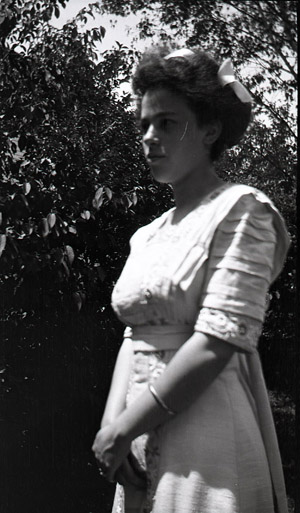Great Barrington and Alford Turnpike Corporation Records
In June 1811, the Great Barrington and Alford Turnpike Corporation was incorporated with the aim of constructing a road at the northern end of the Fifteenth Massachusetts Turnpike, stretching from Great Barrington, Mass., through Alford and North Egremont before crossing the state line and ending in Hudson, New York. Under the direction of Josiah Milland and Jacob and John Van Deusen (who lived near the road), the corporation was apparently not exceptionally profitable. A leg of the turnpike through Great Barrington was made free in 1831, and in 1846, having failed in their petition to receive compensation for loss of privileges, the corporation transferred the road into public management.
Although only a slender 21 pages in length, this record book is nearly the only documentation of the finances for a small, but typical turnpike company in antebellum Massachusetts. The book includes somewhat sparse records of receipts from the toll booths and expenditures for maintenance, extending from 1833 until the corporation was dissolved in 1846. At the end of the book are two pages of personal expenses associated with a trip to Ohio.


